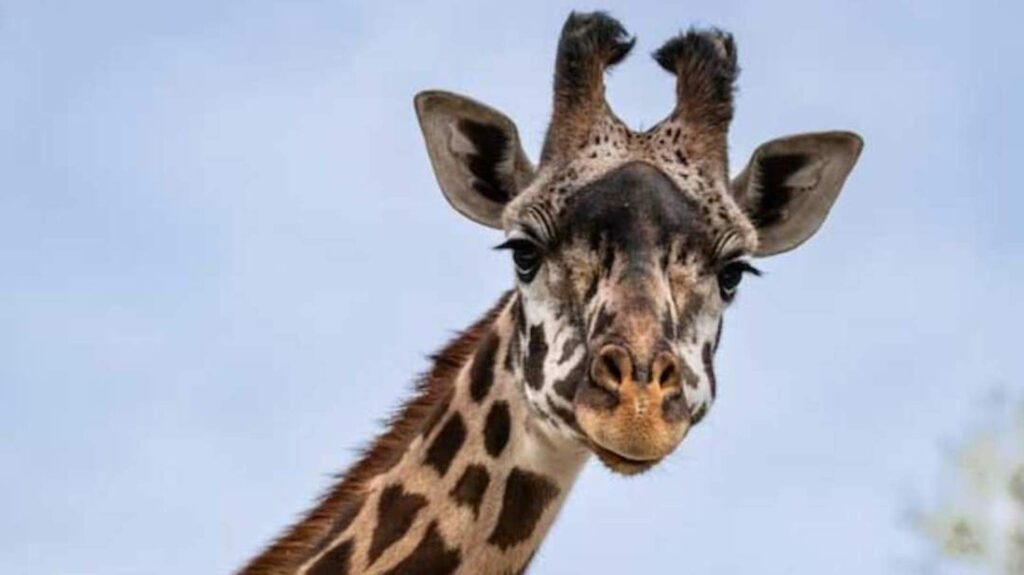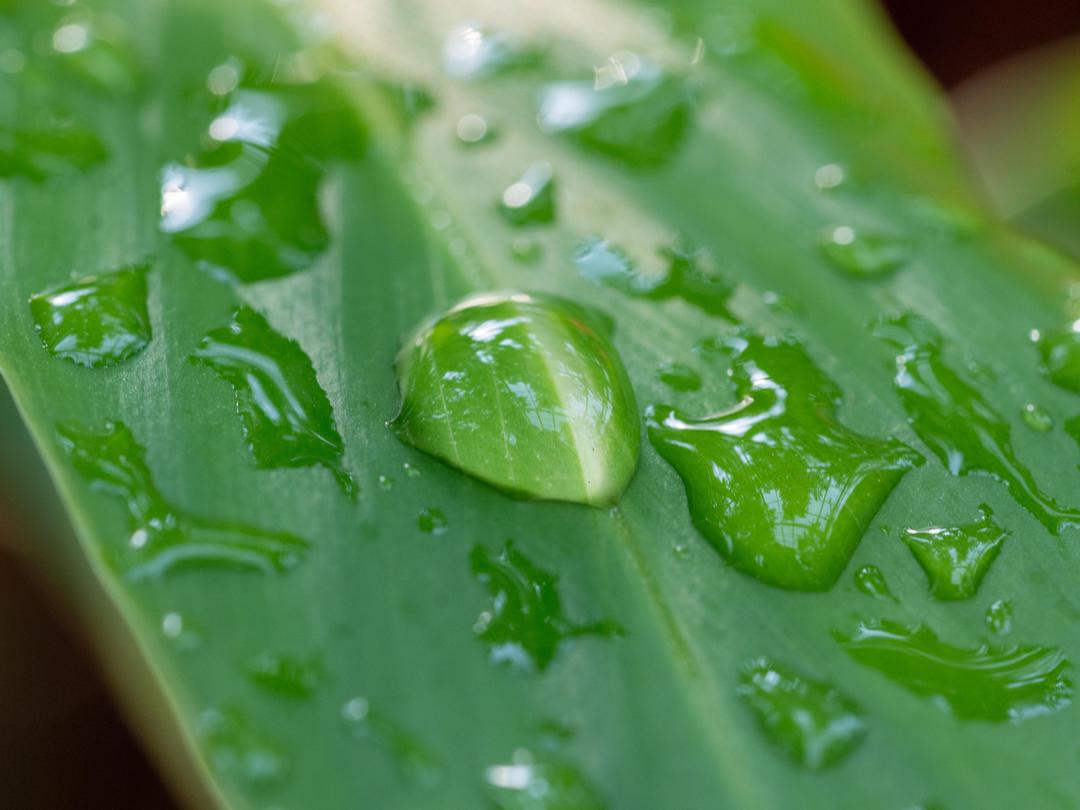28 OCTOBER 2024 (Calgary, AB) – The Wilder Institute/Calgary Zoo is thrilled to announce the arrival of ‘Amani’, a four-year-old female Masai giraffe. Amani joins the zoo’s current giraffe residents, including 14-year-old ‘Nabo’ and his daughter ‘Moshi’, who is nine.
Amani’s journey to Calgary is a crucial step in the Species Survival Plan (SSP) breeding program, designed to support the long-term conservation of this Endangered species. AZA-accredited zoos, like the Wilder Institute/Calgary Zoo and the Toronto Zoo, work collaboratively to maintain healthy, genetically diverse populations of animals in human care. As Canada’s only unrelated male Masai giraffe, Nabo is not just a tall, handsome suitor—he’s the most eligible (Masai giraffe) bachelor in the country! A prime candidate for Amani’s affections, this pairing marks a critical step in securing a brighter future for this majestic species.
“We’ve been planning this move for some time, and we’re so excited to officially welcome Amani to her new home in Calgary,” says Colleen Baird, Director of Animal Care, Health & Welfare at the Wilder Institute/Calgary Zoo. “Amani’s arrival is a significant boost for our tower’s well-being and plays a vital role in the SSP for Masai giraffes. Our commitment to animal welfare, well-being, and species conservation is at the core of everything we do. We’re hoping for a tall tale of romance between her and Nabo as a successful breeding pair!”
Transporting a giraffe is no small feat, requiring months of meticulous planning, coordination, and logistics. From securing the necessary permits to ensuring Amani’s health and safety, this complex process involved close collaboration between teams at the Wilder Institute/Calgary Zoo and the Toronto Zoo.
Amani’s journey to Calgary was made possible with a specialized trailer designed with giraffe welfare in mind, balancing the unique needs and comfort of the animal with the rigors of cross-country travel on Canada’s highways. A dedicated team of animal care professionals from both the Wilder Institute/Calgary Zoo and the Toronto Zoo coordinated the transport and accompanied Amani on the trip, rotating driving duties and carefully managing sleep schedules to optimize time on the road. Every detail was meticulously planned, including stops for rest, welfare checks, and supplemental feedings to maximize efficiency while minimizing travel time. This collaboration of experts in wildlife transport, including experienced giraffe handlers, underscores their shared commitment to maintaining the highest standards of animal welfare and well-being.
The safe transport of Amani to Calgary would not have been possible without the generous support of WestJet Cargo and Cargojet, whose care truly extends beyond the air. When the transport convoy experienced a mechanical issue, WestJet Cargo went above and beyond to help secure an overnight safe haven, while Cargojet provided access to a warm hanger to welcome this extra special cargo with true Saskatchewan hospitality. Their commitment to safety and welfare for animal transport highlights the power of partnerships and the impact of collaboration in wildlife care.
With her hooves now firmly in Calgary, Amani will undergo a 10–30-day quarantine in a behind-the-scenes area with access to an outdoor yard. The exact duration will be determined by the zoo’s Animal Care, Health & Welfare team. After quarantine, Amani will be introduced to the rest of the tower. While she will not be visible to visitors immediately, there is a chance they may spot her as she explores her new surroundings!
Amani’s arrival is a testament to the Wilder Institute/Calgary Zoo’s ongoing efforts to act for wildlife; saving species and inspiring people to join them in their conservation mission. To learn more about the incredible work the Wilder Institute/Calgary Zoo is doing to protect wildlife and wild places—or to plan your visit—please head to www.calgaryzoo.com.
- There are only four Masai giraffes residing in Canada according to the Zoological Information Management System (ZIMS)—one in Calgary and three in Toronto. Other giraffes in Canada are either Baringo (also known as Nubian or Ugandan) or reticulated.
- Of the four Masai giraffes residing in Canada only two are male—one is Amani’s sire (father), and the other is Nabo.
For more information contact:
Alison Archambault
Director, Brand & Engagement
403.232.7766 | 403.919.9482 | mediarelations@calgaryzoo.com
For more than 30 years, the internationally accredited Wilder Institute/Calgary Zoo has been a leading authority in wildlife conservation, reintroducing threatened species to the wild and empowering communities to conserve natural resources to positively impact both the environment and local inhabitants.
While our work is global, our roots run deep in the Albertan conservation community. Sitting on 125 acres in the heart of the city, we operate one of the oldest charities in Alberta, the Wilder Institute/Calgary Zoo – a not-for-profit charitable wildlife conservation organization that works to fight the extinction of plants and animals worldwide. In addition to the zoo, we proudly operate the Archibald Biodiversity Centre (ABC), Canada’s largest conservation breeding and research facility. Nestled on 330 acres in the Albertan prairies, the ABC is a stronghold for biodiversity and a temporary home to some of Canada’s most iconic species-at-risk.
The Wilder Institute/Calgary Zoo is passionate about inspiring and educating generations of visitors about the importance of biodiversity and conservation. Together, we will continue to be a force of nature for making the world a wilder place. Learn more at WilderInstitute.org and CalgaryZoo.com.

Amani
Photo credit: Toronto Zoo


